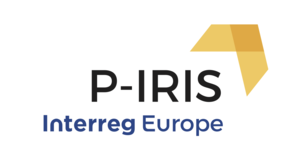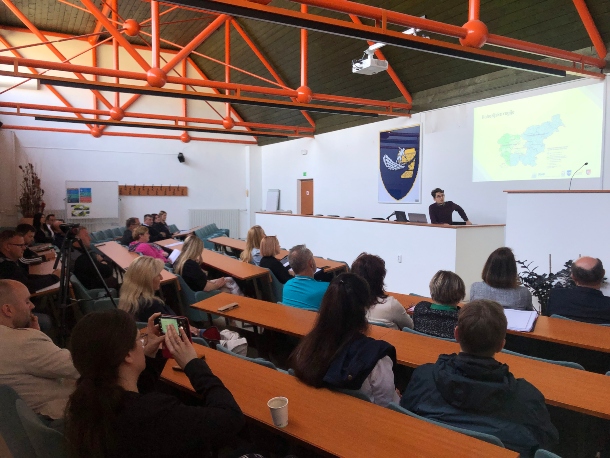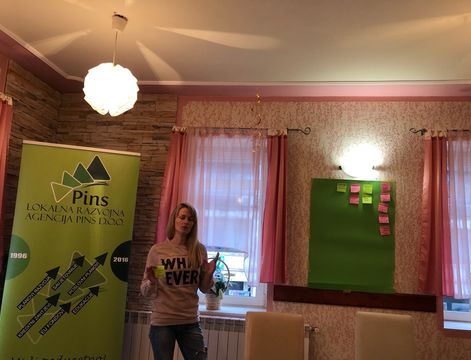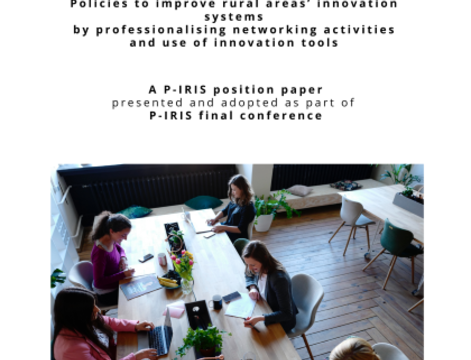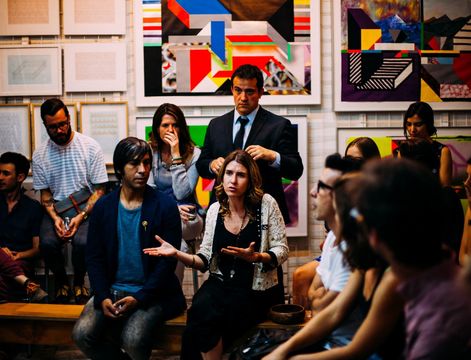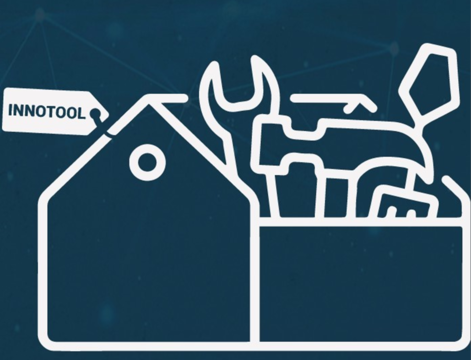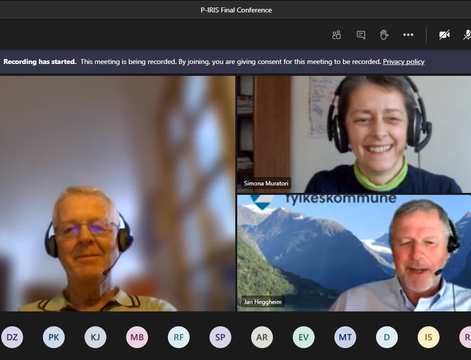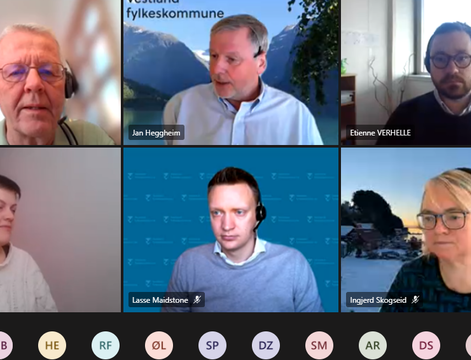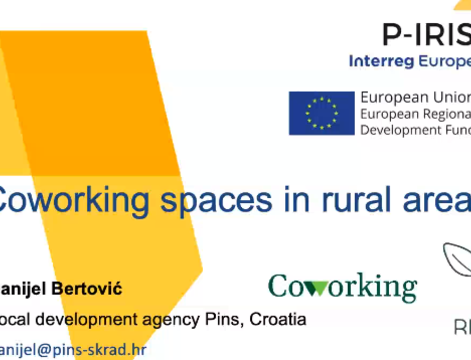Partners and stakeholders of P-IRIS project which is focusing on rural areas’ innovation systems attended an international seminar in Kaustinen (Finland) on 8th May 2018 about the evolution of the workplace. The seminar was part of study visit organized by Regional Council of Central Ostrobothnia. Top lectures from a broad range of experts shed light on questions related to use of information and communication technology (ICT) as an increasingly common tool in modern working life. The web seminar is available here:
Part 1: http://www.nopolanews.fi/videoarkisto?program=452
Part 2 here: http://www.nopolanews.fi/videoarkisto?program=453
Regional Council of Central Ostrobothnia which is a multi-sector joint municipal board that safeguards the interests, competence and opportunities of more than 90,000 people, invited regional and national actors from the field of rural innovation systems to present experiences and good practices. P-IRIS projects aims to improve policies related to cooperation among actors from regional authorities, universities and research institutions, enterprise support actors and enterprises.
Partners and stakeholders from Croatia, Finland, Italy, Norway, Slovenia and Spain learned about the Finnish rural innovation systems during two days of study visits. Folk Arts Centre in Kaustinen hosted the first day of the study visit. Participants were welcomed by Arto Alpia, mayor of Kaustinen municipality. Anne Sormunen from Regional Council of Central Ostrobothnia and Jennie Elfing from Centria University of Applied Sciences presented main facts and figures of Central Ostrobothnia region. Matti Anttila illustrated how digital platforms could affect the working space and presented sharing information communication tool Jakomo. Markku Turunen from Tauchi Research Center of Tampere University talked about the future uses of interactive technology and stressed out the importance of user-experience design (“UX Design”) which puts the user in the center. Cases of Finnish eCommerce platforms were presented by Andreas Hamberg from company Projant. A good case of co-working space in the countryside was presented by Maria Timo-Huhtala who established “Luovasti” co-working space in Veteli (Finland) as her private initiative. Participants visited her co-working space which is bringing similar minded people together in non-urban environment. Joni Sarpo and Sonja Hilvo from “Great place to work” highlighted challenges in leading remote working and the main benefits of remote working which are mostly flexibility, better work-life balance and less interruptions in the workplace.
Lessons learnt were discussed among partners during the second day of P-IRIS study visit. Project P-IRIS partners mapped situation in participating countries in terms of challenges and opportunities of managing triple (or quadruple) helix cooperation in rural innovation systems. Partners studied relevant tools such as public financial tools, public funded advice and knowledge sharing infrastructure. The next study visit will be organized by Development Centre of the Heart of Slovenia and will take place on 2 and 3 October 2018 in Kamnik, Slovenia.



